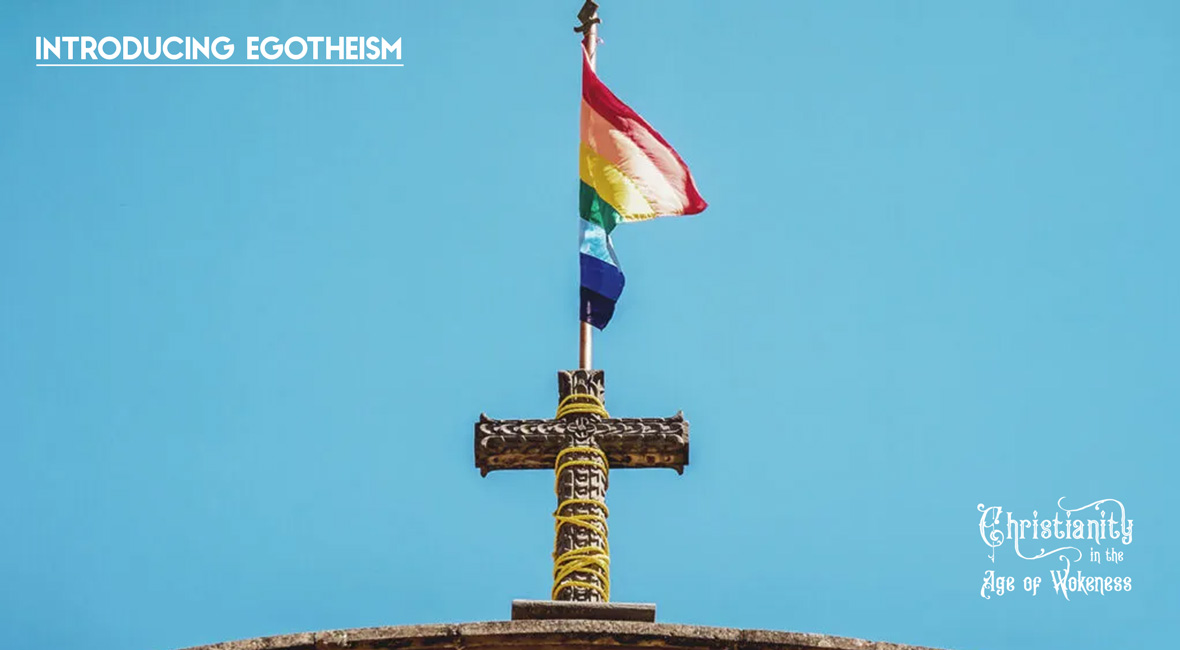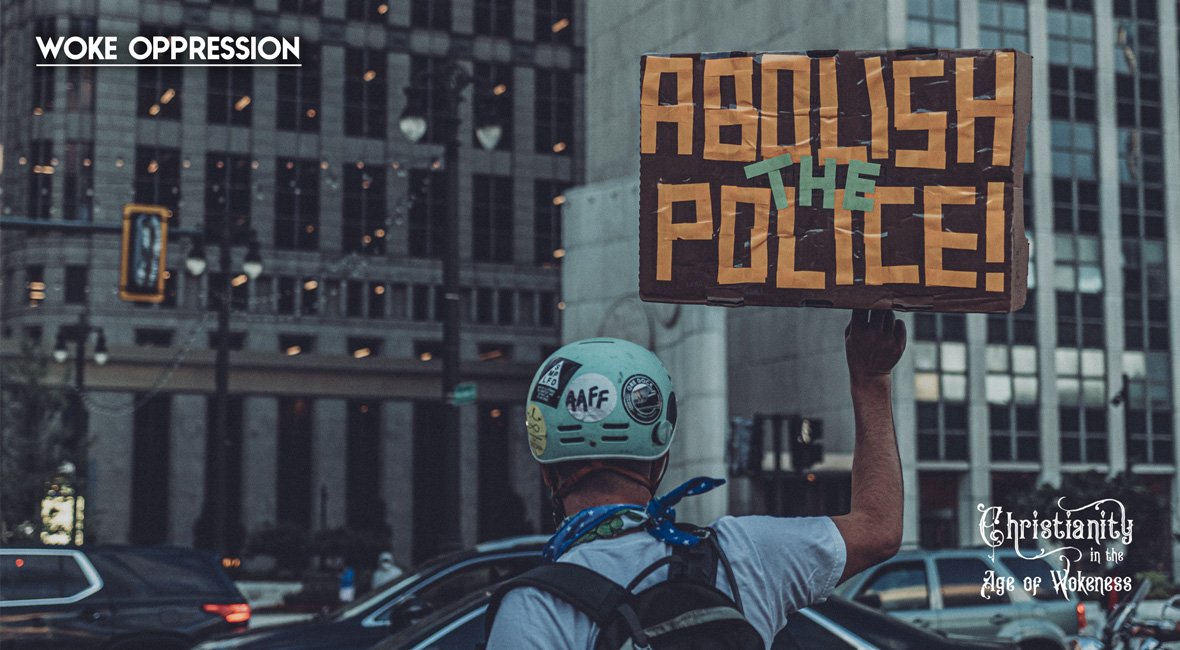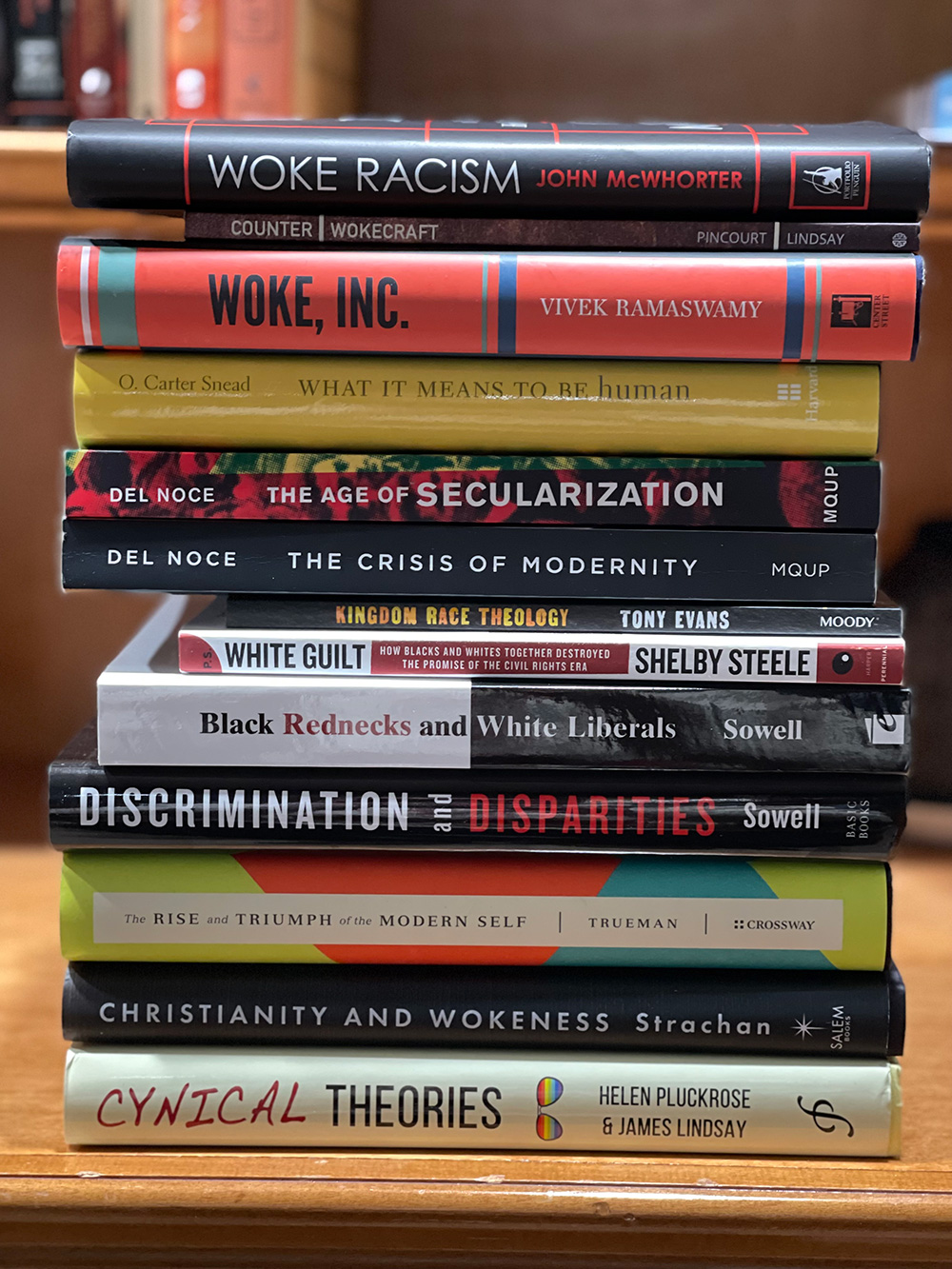We have, thus far, defined Wokeness as “compassion for the oppressed.” This definition, however, is not as straightforward as it might appear. In the previous essay we outlined the three elements of Woke compassion: critical awareness, political advocacy, and social activism. With this understanding of Woke compassion in mind, we come to the following definition: Wokeness is critical awareness of, political advocacy for, and social activism on behalf of the oppressed. But who are the oppressed? And just as importantly, who are their oppressors? Let us now seek to understand oppression in Woke terms.
The Oppressor/Oppressed Dynamic
While the following idea will be discussed in more detail in future essays, it is important to state that Wokeness is a manifestation of cultural Marxism. This means that the principles of Marxism, particularly the oppressor/oppressed group conflict as the foundation of history, underlie Wokeness, even if they are applied in different ways. Cultural Marxism is the application of Marxist theory to cultural institutions like family, religion, art, education, law, etc. In traditional Marxism, where the conflict is primarily along economic lines, the oppressors are the upper class and the oppressed are the working class. Cultural Marxism takes this power-conflict out of the material world, the world of economics, and places it in the psychological world, the realm of thoughts, motivations, and desires. Thanks to the work of Sigmund Freud, the Frankfurt School, Antonio Gramsci, Wilhelm Reich, and others, the Marxist history of group conflict is now internalized and personalized. The result is that now one is free to see the oppressor/oppressed dynamic at work in every aspect of society and culture, and especially in one’s own personal life, often simmering just below the surface, in the subconscious of both groups and individuals.
Because of cultural Marxism, one is free to see the oppressor/oppressed dynamic at work in every aspect of society and culture, and especially in one’s own personal life.
“The psychologizing of oppression and the placing of it at the center of the history of human society plays directly to the idea that history is something to be overcome. After all, [according to Marx] the history of humanity is the history of oppression and victimhood. In Marx this was understood in economic terms, but from the mid-twentieth century onward it became psychological.”[1] If oppression is psychological, then it is also personal. If it is personal, then it is also subjective, an experience of one’s interior world. The oppressed person is now understood to be the victim, not only of acts of oppression against himself as an individual, but of all historical acts of oppression, persecution, bigotry, etc. committed against the group with which he identifies. For example, in Cultural Marxism, African-Americans perpetually belong to the victim class because of the history in America of African enslavement. This is true regardless of whether or not individual African-Americans wish to understand themselves as victims or oppressed. There is no opting out of the oppressor/oppressed dynamic in Wokeness. One can, however, be booted from one’s privileged position as victim by having the wrong politics, as the Los Angeles Times made clear when they opined that Larry Elder, a black conservative running for governor of California, was “the black face of white supremacy.”[2]
Continue reading



